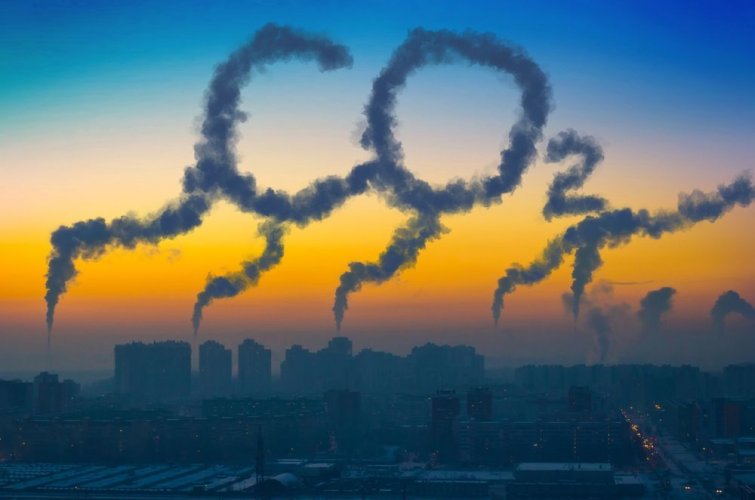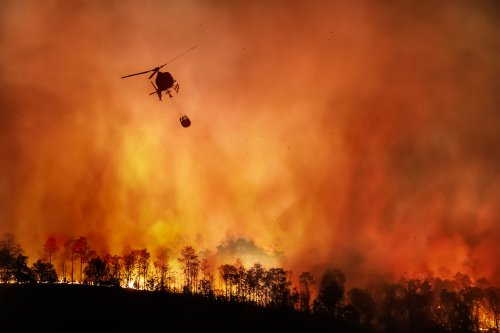A study by the Climate Analytics Institute found that global carbon emissions could peak in 2023 with a 70% probability.
This is due to the rapid deployment of renewable, in particular wind and solar, capacities, reports Bloomberg.
The surge in renewables could outpace energy demand growth for the first time, as global solar capacity grew more than expected in 2023, it said. This will lead to to the decline in fossil fuel consumption.
The 2022 Carbon Brief expert study also found that emissions could peak in 2023.
The article emphasized that stopping the growth of greenhouse gas emissions by 2025 is key to limiting global warming to 1.5°C and avoiding the worst effects of climate change.
Neil Grant, a climate and energy analyst at Climate Analytics, explained that the more conservative projections do not take into account recent advances in green manufacturing technologies that are contributing to faster growth.
He emphasized that global efforts to reduce emissions must be strengthened. After all, according to current forecasts, carbon emissions will be reduced by 10% by 2030. And to limit global warming, the reduction must reach at least 43%.
"Reaching the peak is not the end of the story, the end still has to be the fight to keep to 1.5°C," Grant said. that we will be able to achieve this in time."
Earlier, EcoPolitic wrote, that a new United Nations report showed that carbon emissions by 2030 will be reduced by 2% from the level of 2019, although according to the Paris Agreement they should be reduced by 43%.
As EcoPolitic reported earlier, a study by American scientists showed that the world is in the early stages of an emergency climate situation and will exceed the level of global warming by 1.5°C by 2030 and by 2°C by 2050.





